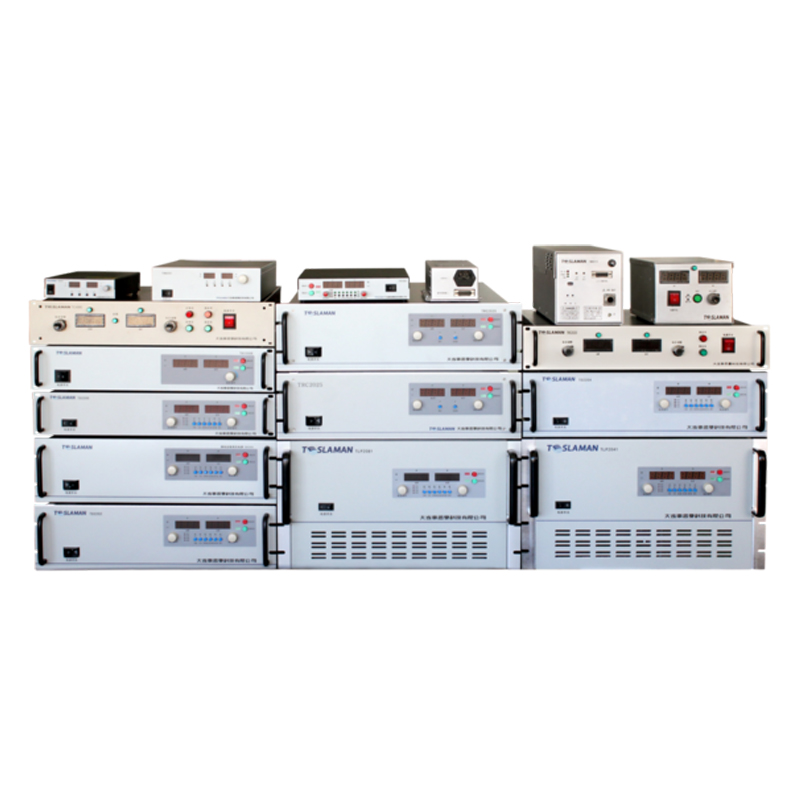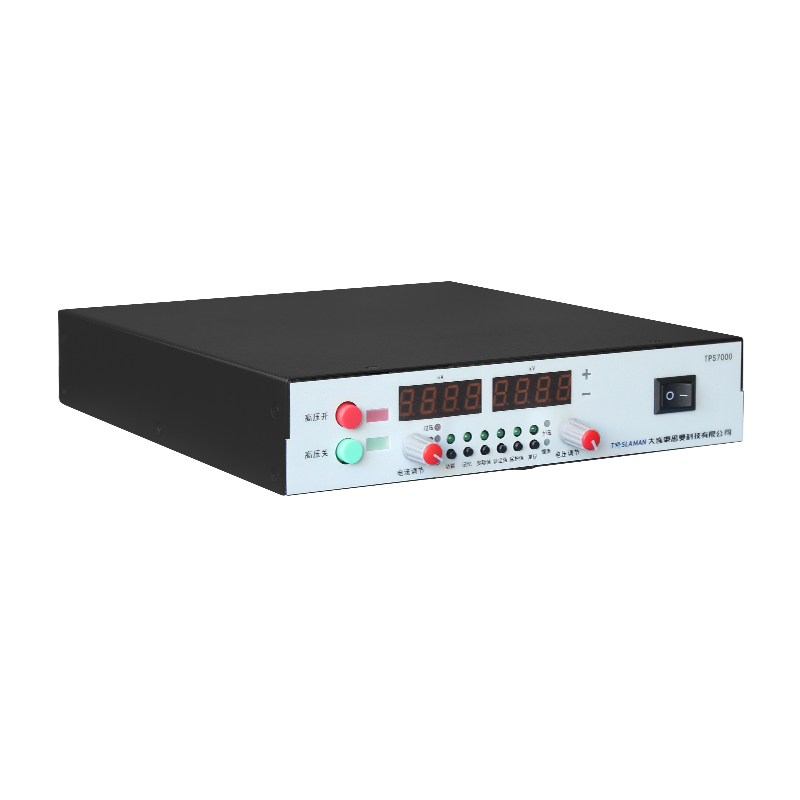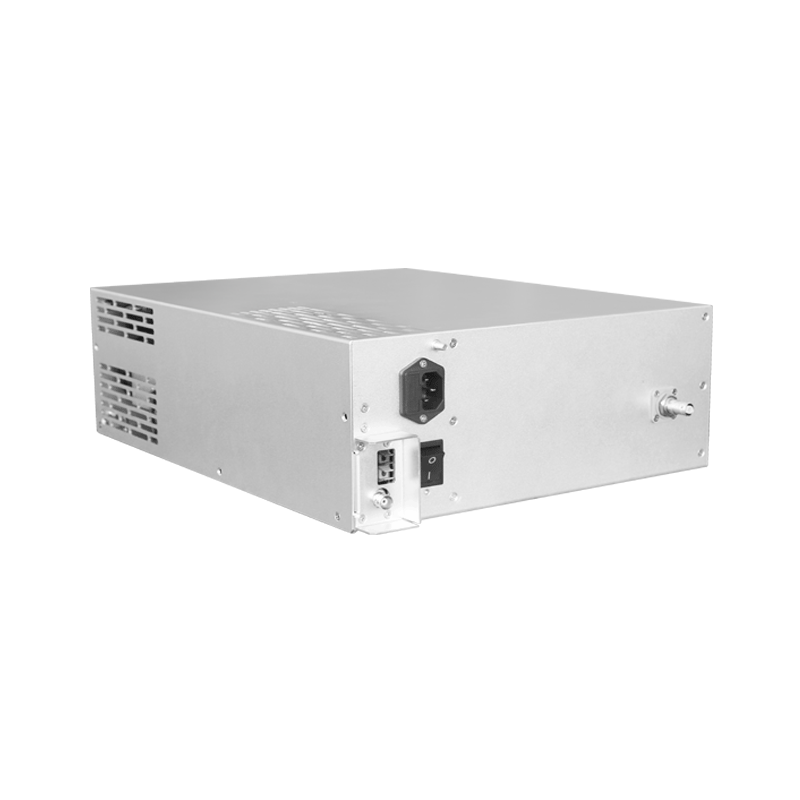Improving Gain Stability and Noise Suppression in Channel Electron Multiplier Power Supplies
Channel Electron Multipliers (CEMs) are critical in mass spectrometry and electron spectroscopy, where they amplify weak particle signals into measurable electric currents. The stability of the high-voltage bias provided by the power supply directly determines the CEM’s gain linearity and signal-to-noise ratio. Even microvolt-level fluctuations can cause substantial gain drift, particularly under varying temperature or load conditions.
To enhance gain stability, the power supply incorporates a multilayer regulation system combining analog precision control and digital feedback. Ultra-low-noise operational amplifiers maintain voltage ripple below 10 mV. Temperature sensors inside the high-voltage module continuously monitor thermal conditions, feeding data into a compensation circuit that dynamically corrects voltage drift.
Noise reduction is achieved through a three-stage filtering structure. The input EMI filter eliminates conducted noise; an LC filter in the DC/DC stage suppresses switching artifacts; and an active compensation filter at the output cancels residual noise harmonics. Furthermore, a pseudo-random modulation technique spreads residual noise over a wide frequency band, minimizing its interference with the signal bandwidth of the detector.
An adaptive digital controller monitors the output current of the CEM and compensates for degradation-related gain loss by automatically fine-tuning the bias voltage. FPGA-based control enables sub-millisecond adjustment and synchronization with the measurement cycle. The result is a highly stable bias supply that maintains gain variation below 0.02% over extended operation, ensuring reliable performance in precision particle detection and energy analysis systems.




















